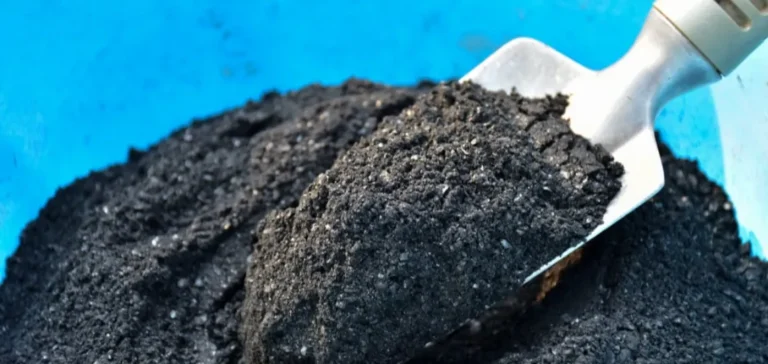Investor interest in Biochar-based carbon credit projects in India remains strong, although the market is still developing. At the AltFutures Carbon Dioxide Removals Summit, participants highlighted that signing long-term offtake contracts is a prerequisite for financial commitments. An investor based in Bengaluru noted that without a formal offtake agreement, no project, regardless of its technological quality, can secure funding.
A contractual framework key to project security
Carbon credits generated from Carbon Dioxide Removal (CDR) projects are valued higher than other types of credits due to their capital-intensive technologies. Investors seek compliance and traceability guarantees, favouring projects capable of delivering certified and stable credits. Offtake contracts, by ensuring the pre-sale of credits, help secure future revenues and attract long-term capital while meeting transparency requirements set by regulatory authorities.
A regulated Biochar market still lacking liquidity
Biochar, a carbon-rich material produced through pyrolysis, contributes to emission reduction by durably storing carbon dioxide. According to Platts, a division of S&P Global Commodity Insights, the price of Biochar in India stood at $140/tCO2e, up $5/tCO2e in a single day. Prices have remained stable for several months due to limited activity in the spot market. Indian developers indicated that clearer regulation of spot trading could strengthen investor confidence and enable genuine liquidity in the Biochar segment.
Offtake contracts as instruments of compliance and financing
Offtake agreements provide crucial upfront funding for developers while setting transparent pricing conditions. A Biochar producer noted that long-term contracts currently trade between $80 and $110/tCO2e, compared to spot levels of $140 to $150/tCO2e. These differences reflect regulatory considerations such as carbon permanence and process certification. Several market participants believe such agreements improve the quality of issued credits by aligning compliance requirements with financing needs.
Greater regulatory oversight expected by 2026
Platts projections anticipate a rise in Biochar credit supply starting in 2026, likely leading to lower prices. Biochar India Yr01 forward contracts are currently assessed at a $10/tCO2e discount to spot. Indian regulators are expected to increase oversight to harmonise contractual practices and strengthen transaction transparency. Sector participants expect partial offtake agreements, covering between 10% and 20% of total volumes, to become a regulatory standard for the voluntary carbon market.






















